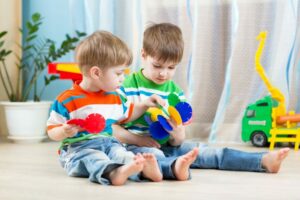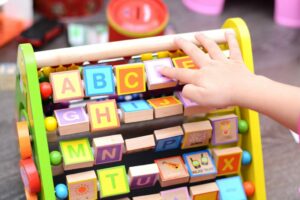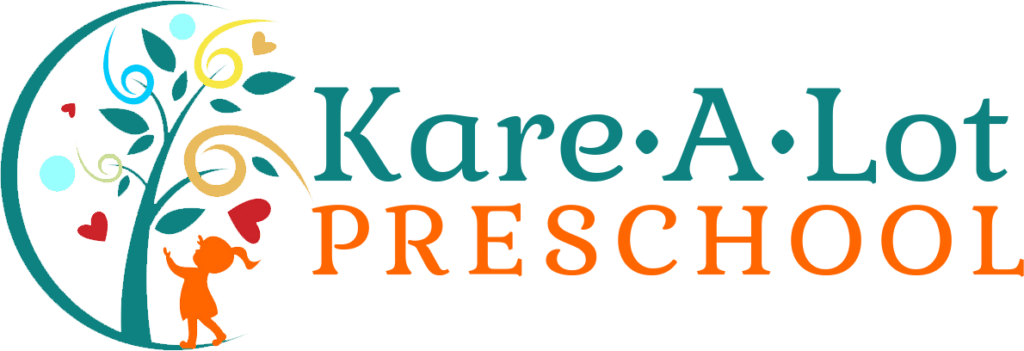From the moment a child is born, they are engaged in a process of exploration and discovery. Educational toys play a pivotal role in fostering this innate curiosity, providing a myriad of benefits that extend far beyond mere playtime.
In this blog post, we’ll delve into the remarkable advantages of incorporating educational toys into the lives of infants and toddlers.
Unlocking Potential: The Power of Educational Toys for Infants and Toddlers
Stimulating Cognitive Development
Educational toys are designed to engage a child’s senses, promoting cognitive development from an early age. High-contrast patterns, textures, and colors stimulate the brain and contribute to the formation of neural connections. Toys that involve problem-solving, stacking, and sorting enhance critical thinking skills, laying the foundation for future learning.
Developing Fine and Gross Motor Skills
From grasping objects to manipulating toys, infants and toddlers develop their fine and gross motor skills through play. Educational toys that encourage reaching, crawling, and walking contribute to the development of coordination, balance, and muscle strength. This physical activity is essential for overall motor skill development.

Educational toys often incorporate various textures, sounds, and materials, providing a rich sensory experience for young children. These sensory stimuli not only capture a child’s attention but also help them make sense of the world around them. Toys that engage multiple senses enhance sensory integration, laying the groundwork for improved perception and understanding.
Fostering Social and Emotional Skills
Many educational toys are designed for group play, encouraging social interaction and cooperation among children. Learning to share, take turns, and communicate with peers are valuable social skills developed through these shared experiences. Additionally, dolls and role-playing toys allow children to express and understand emotions, contributing to emotional intelligence.
Building Language Skills
Toys that incorporate words, sounds, and interactive features can significantly contribute to language development. From talking dolls to educational games with spoken instructions, these toys expose children to language patterns, vocabulary, and communication skills. This early exposure lays the foundation for effective language acquisition.
Cultivating Creativity and Imagination
Educational toys often provide open-ended opportunities for play, allowing children to use their imagination and creativity. Building blocks, art supplies, and pretend play items enable toddlers to create, experiment, and explore their own ideas. This imaginative play is crucial for developing problem-solving skills and fostering a love for learning.
Instilling a Love for Learning
When learning is integrated into play, children develop a positive association with the process of acquiring knowledge. Educational toys make learning enjoyable and reinforce the idea that exploration and discovery are exciting endeavors. This positive attitude toward learning sets the stage for a lifelong love of education.
Preparing for Academic Success
The early years of a child’s life lay the foundation for future academic success. Educational toys provide a structured yet enjoyable way to introduce basic concepts such as numbers, letters, and shapes. This early exposure facilitates a smoother transition to formal education and sets the stage for a child’s future academic achievements.
Educational toys are not just tools for entertainment; they are powerful instruments that shape the cognitive, physical, social, and emotional development of infants and toddlers. By selecting toys that align with developmental milestones and encouraging purposeful play, parents and caregivers can provide children with a head start on their educational journey. Embrace the joy of learning through play, and watch as your child blossoms into a curious, confident, and capable individual.
